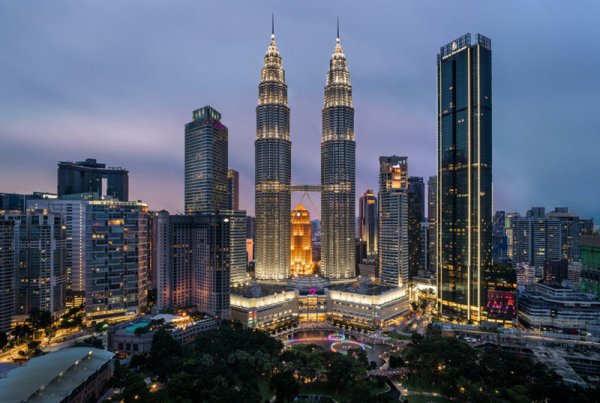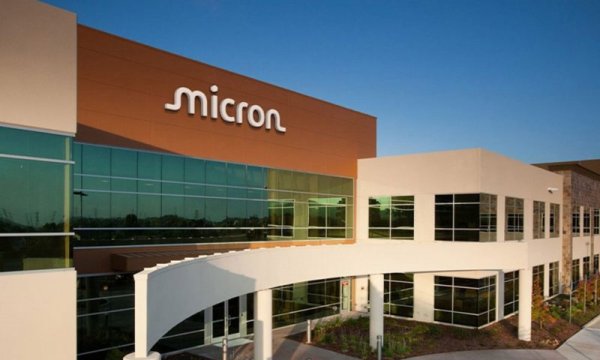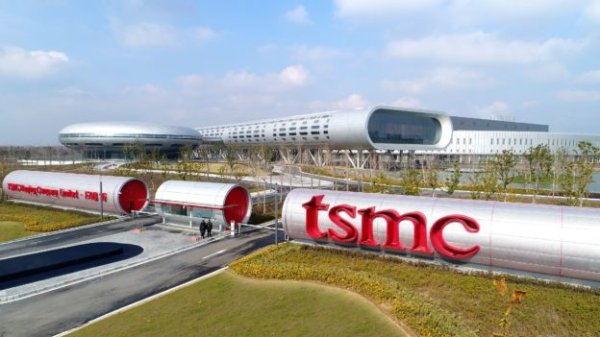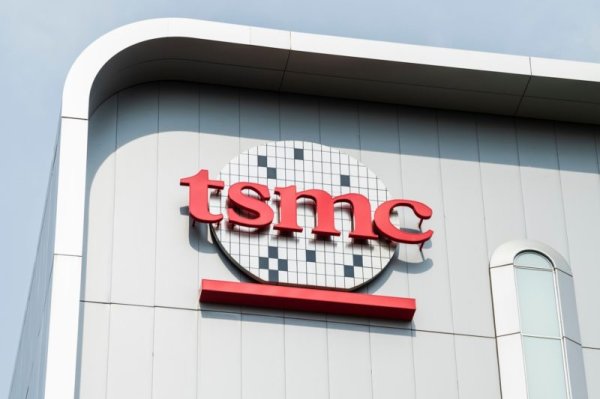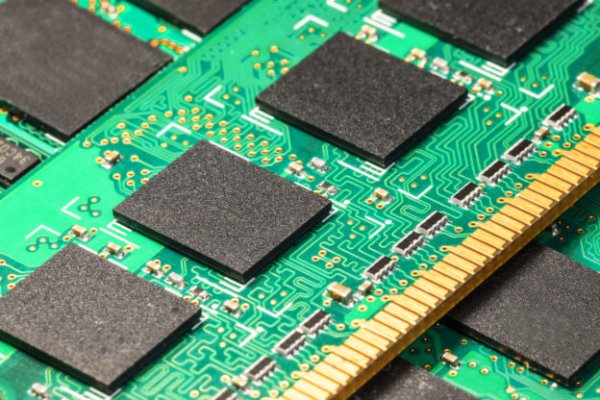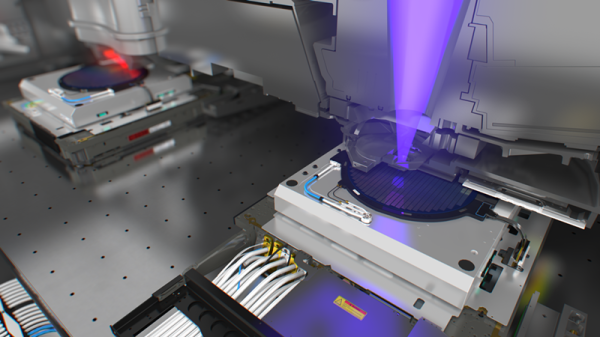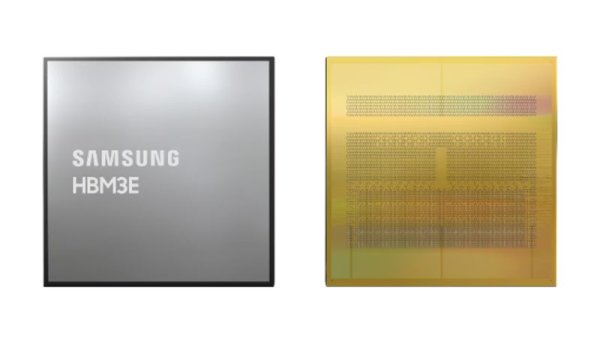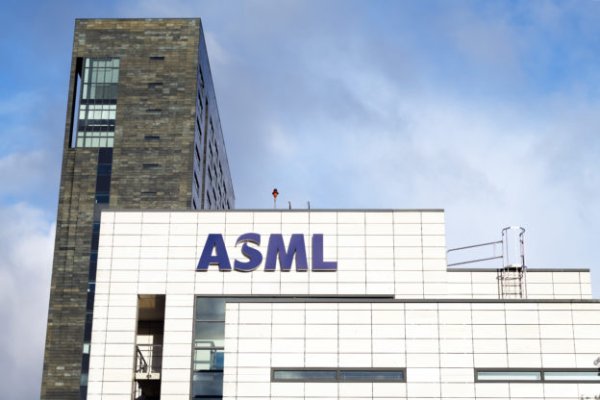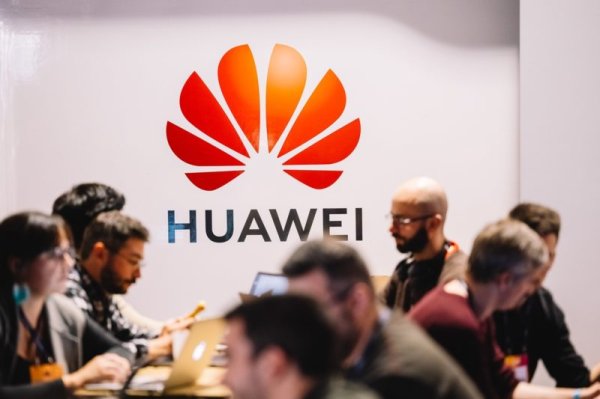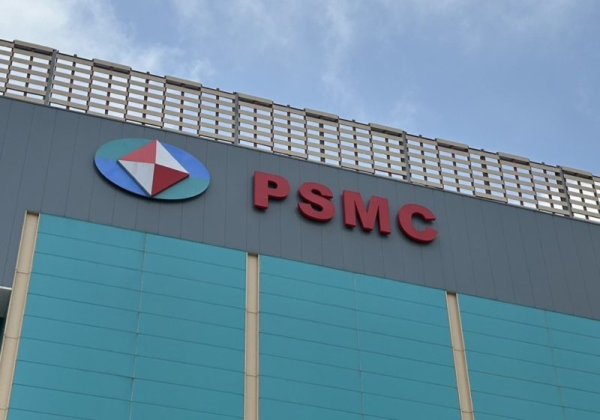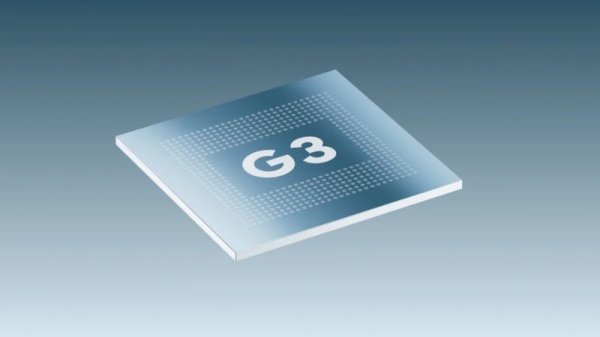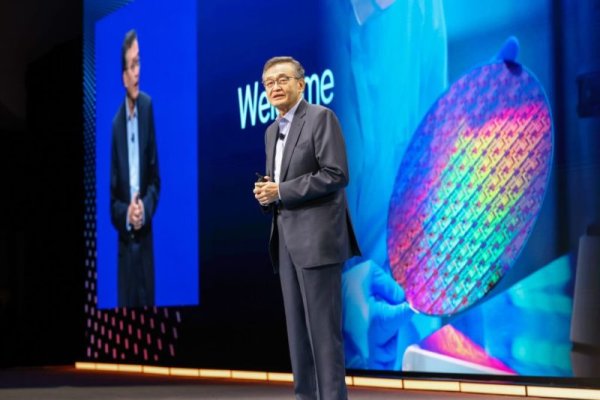Boys: US chip 50% is a choice, if you defeat Taiwan s competition, you will oppose it.
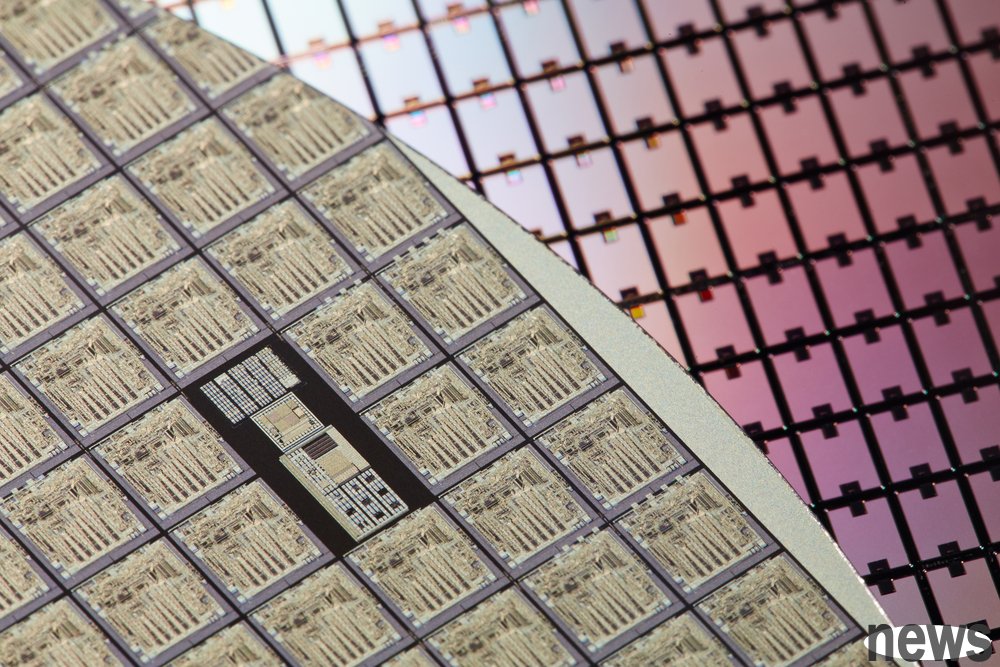
Vice President of the Executive Yuan, Zheng Lijun, reiterated on the 2nd that he would not answer the US proposal to make 50% of Taiwan-US chips. OEM and Investor Chairman Tongzichen was interviewed and said that the US’s request was out of choice. If it was not conducive to Taiwan’s competition, he would object; he also hoped that Taiwan’s tax rate would be more competitive so that South Korea and Japan, which are similar in nature, would compete on the basis of equality.
The US tax policy on the other hand came into effect on August 7, with Taiwan's temporary tax rate of 20%. Taiwan and the United States completed the 5th round of consultations between September 25 and 29, Eastern Time. Zheng Lijun, deputy president of the Executive Yuan who has just returned to Taiwan from the United States, said on the 2nd that Taiwan has never promised Taiwan-US chip production capacity of 50% and will not answer this condition in the future.
Tongzi attended the LIGHT HOUSE series of citizenship activities jointly organized by Yu Chun-Cheng Culture and Educational Foundation and Zhirong Foundation on the afternoon of the 2nd, and talked with Acer founder Shi Zhenrong, and accepted media interviews before the meeting.
Boys bluntly stated that Taiwan-US chip manufacturing is "very difficult to achieve" because Taiwan's chip industry competition is the result of correct strategies, countless talents and a large amount of funds over the past decade. This is a very long-term work, not only the efforts of Taiwan Electric Power itself, but it takes more than 20 years to establish a complete ecological system.
Boys bluntly stated that the American leader hopes to achieve results during his term of office, "basically this is a choice." If Taiwan-US chip manufacturing is not conducive to Taiwan's competition, "then I am opposed."
It is intended to provide land to the United States to help Taiwan factories establish a Taiwan-style park in the United States. Boys believe that if the park can provide high production capacity, complete living functions and tax exemption systems, it can be competitive. But he emphasized that it is still necessary to finally get from Taiwan's standpoint to evaluate the pros and cons of this on Taiwan's industry and economy.
The media asked NVIDIA (NVIDIA) that may be blocked at the Beishik Technology Department. He said, "We are workers in science and technology and welcome NVIDIA. NVIDIA is also a good partner in Taiwan's technology industry." However, he did not comment on real estate issues.
After being asked about donating money to Hualien through personal names, but not revealing the donation figures, Boy Chicken said that he was worried that the outside world was busy discussing the numbers, and some things might be "declined". Now it has been more than a week and is not that sensitive. He emphasized that after disaster, it can be divided into three stages. The first stage is to protect life with all your heart; the second stage is to clean up the home and restore life and work; the third stage is to explore the causes of disaster, and in the future, everything from the central government to the local authorities must work hard.
Shi Zhenrong analyzed that the US-Taiwan chip manufacturing 50% is the US goal, and the key is whether the United States has the ability to establish a competitive production environment. If Taiwan extends technology and management to the United States, the use of local talents, land and water will be an extension of Taiwan's national strength.
Regarding the feasibility of establishing a Taiwan-mode park in the United States, Shi Zhenrong believes that this is an important direction for outputting "Taiwan experience" and experiencing influence. The park can provide one-stop services to allow Taiwanese businessmen to form industry settlements and enhance overall competitiveness.
(Author: Wu Jiahao; first image source: shutterstock)
Extended reading: Taiwan-US tax negotiation progress Zheng Lijun: Helping the United States build industry settlement Zheng Lijun: I have never made a promise to make a chip, and I will not answer this condition. 50% in chip manufacturing, experts: Silicon Shield definition is transformed into Taiwan and the United States commonality The U.S. Minister of Commerce does not agree with Taiwan's Silicon Shield's view and directly calls Taiwan and the U.S. semiconductor industry can score 550 points Trump promotes the production of chips in the United States, industry: it takes time and space to make people fall into a settlement


